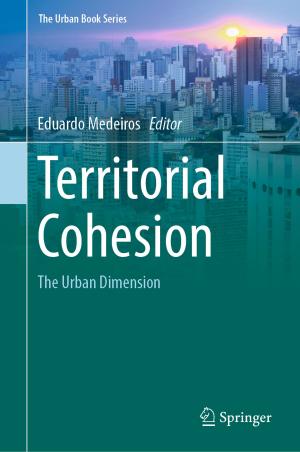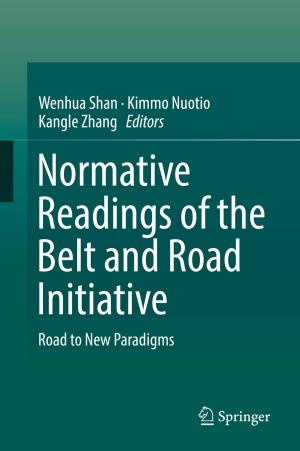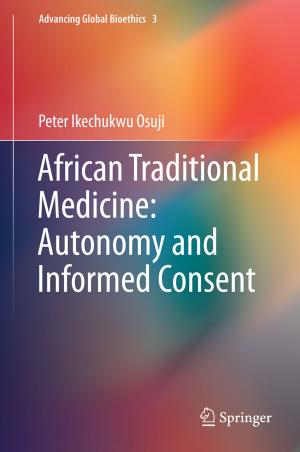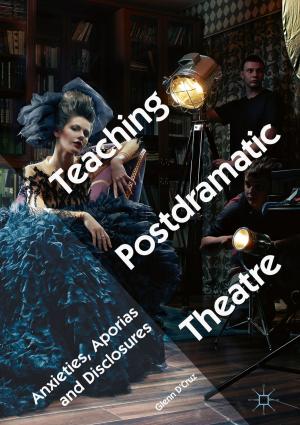Interrogating the Social
A Critical Sociology for the 21st Century
Nonfiction, Social & Cultural Studies, Social Science, Anthropology, Sociology| Author: | ISBN: | 9783319599489 | |
| Publisher: | Springer International Publishing | Publication: | August 21, 2017 |
| Imprint: | Palgrave Macmillan | Language: | English |
| Author: | |
| ISBN: | 9783319599489 |
| Publisher: | Springer International Publishing |
| Publication: | August 21, 2017 |
| Imprint: | Palgrave Macmillan |
| Language: | English |
This book brings together a collection of work from emerging and established scholars who have put forth a vision of what critical sociology is and what it could be in the early decades of the 21st century. Pushing beyond the theoretical outlines of sociological critique, the authors demonstrate how critical sociology is practiced through conceptual innovation and empirical analyses interweaving the themes of society, power, and culture.
Interrogating the Social reinvents the project of critical sociology in two ways: by reflecting upon society as an object of inquiry; and by questioning the existing social order’s self-evident character and exclusionary effects. In doing so, it answers three related questions: How should social relations and interactions be re-thought today? What new institutional and discursive configurations of power are emerging? How do we make sense of contemporary cultural performances and movements?
This edited collection is suited to a w
ide and diverse audience across the disciplines of sociology, political science, social and political theory, and cultural studies.
This book brings together a collection of work from emerging and established scholars who have put forth a vision of what critical sociology is and what it could be in the early decades of the 21st century. Pushing beyond the theoretical outlines of sociological critique, the authors demonstrate how critical sociology is practiced through conceptual innovation and empirical analyses interweaving the themes of society, power, and culture.
Interrogating the Social reinvents the project of critical sociology in two ways: by reflecting upon society as an object of inquiry; and by questioning the existing social order’s self-evident character and exclusionary effects. In doing so, it answers three related questions: How should social relations and interactions be re-thought today? What new institutional and discursive configurations of power are emerging? How do we make sense of contemporary cultural performances and movements?
This edited collection is suited to a w
ide and diverse audience across the disciplines of sociology, political science, social and political theory, and cultural studies.















